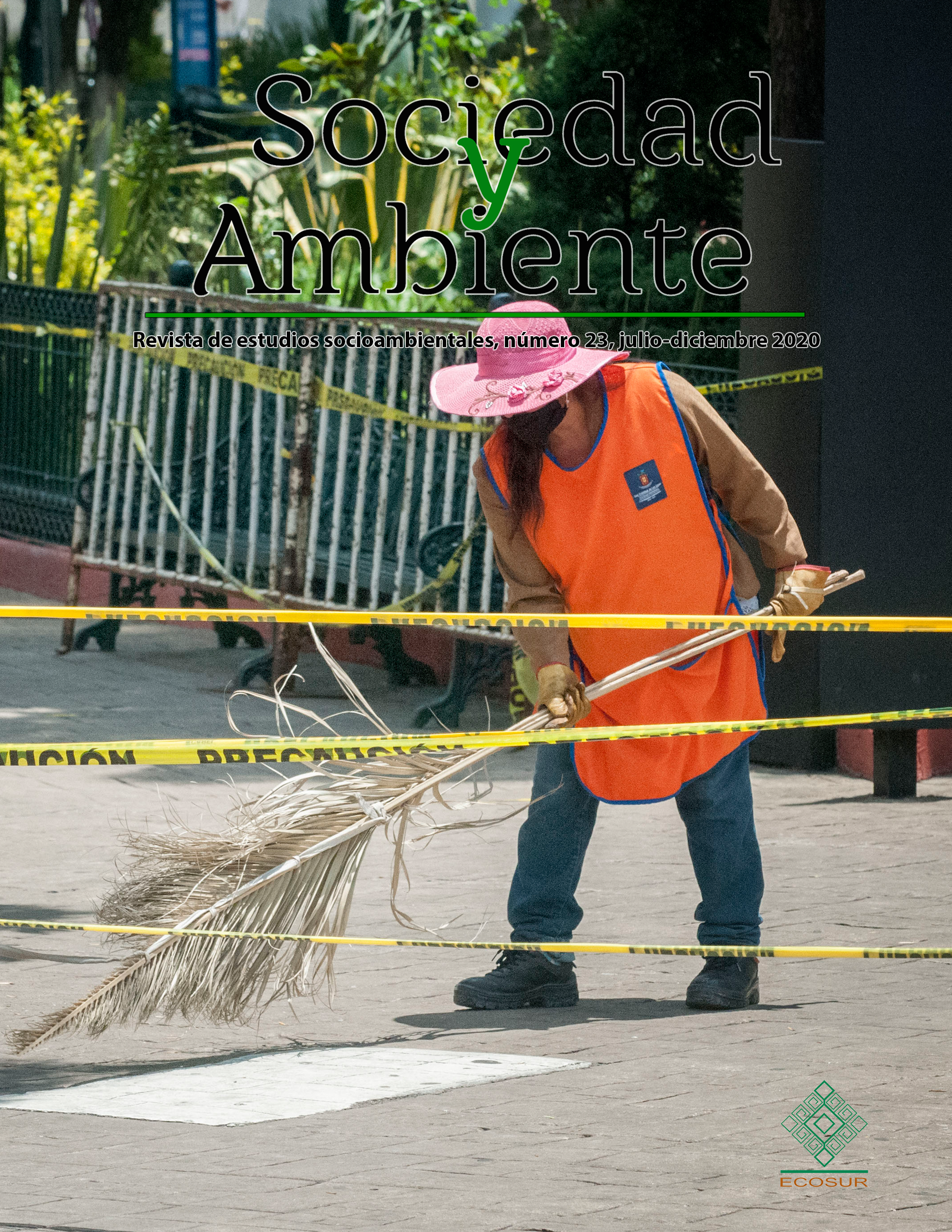Resumen
En el presente texto se analizan los factores que en poco más de un siglo propiciaron y condujeron la caficultura en Chiapas. Conforme las plantaciones de café se propagaron al interior del estado y, con base en los factores que hicieron esto posible, se presenta una periodización del desarrollo de la caficultura. Se muestra que la producción cafetalera es un proceso de evolución socioambiental, evidenciado por la transformación de las grandes fincas, de propietarios extranjeros y luego nacionales, a más de un centenar de empresas sociales o cooperativas, principalmente de propietarios indígenas que producen café en complejos sistemas agroforestales a escala familiar y que se articulan y organizan a distintos niveles. Esto demuestra un cambio en la manera de concebir la producción cafetalera. Si al principio ésta estaba dirigida hacia la rentabilidad económica promovida a través de la especialización, la dependencia tecnológica y la exportación del producto, dejando así una profunda huella en el paisaje, entrado el siglo XXI, la racionalidad productiva comenzó a tomar el rumbo hacia la sustentabilidad. Lo anterior se debe, en parte, a una combinación del mercado, la diversificación productiva, la no dependencia de insumos externos y la producción a pequeña escala. Se trata de un cambio afín con las sabidurías tradicionales y a contracorriente de la globalización dominante. Esto es, un fenómeno de evolución social y ambiental derivado de una histórica resistencia biocultural.

Sociedad y Ambiente cuenta con una licencia Creative Commons Atribución/Reconocimiento-NoComercial-CompartirIgual 4.0 Internacional


